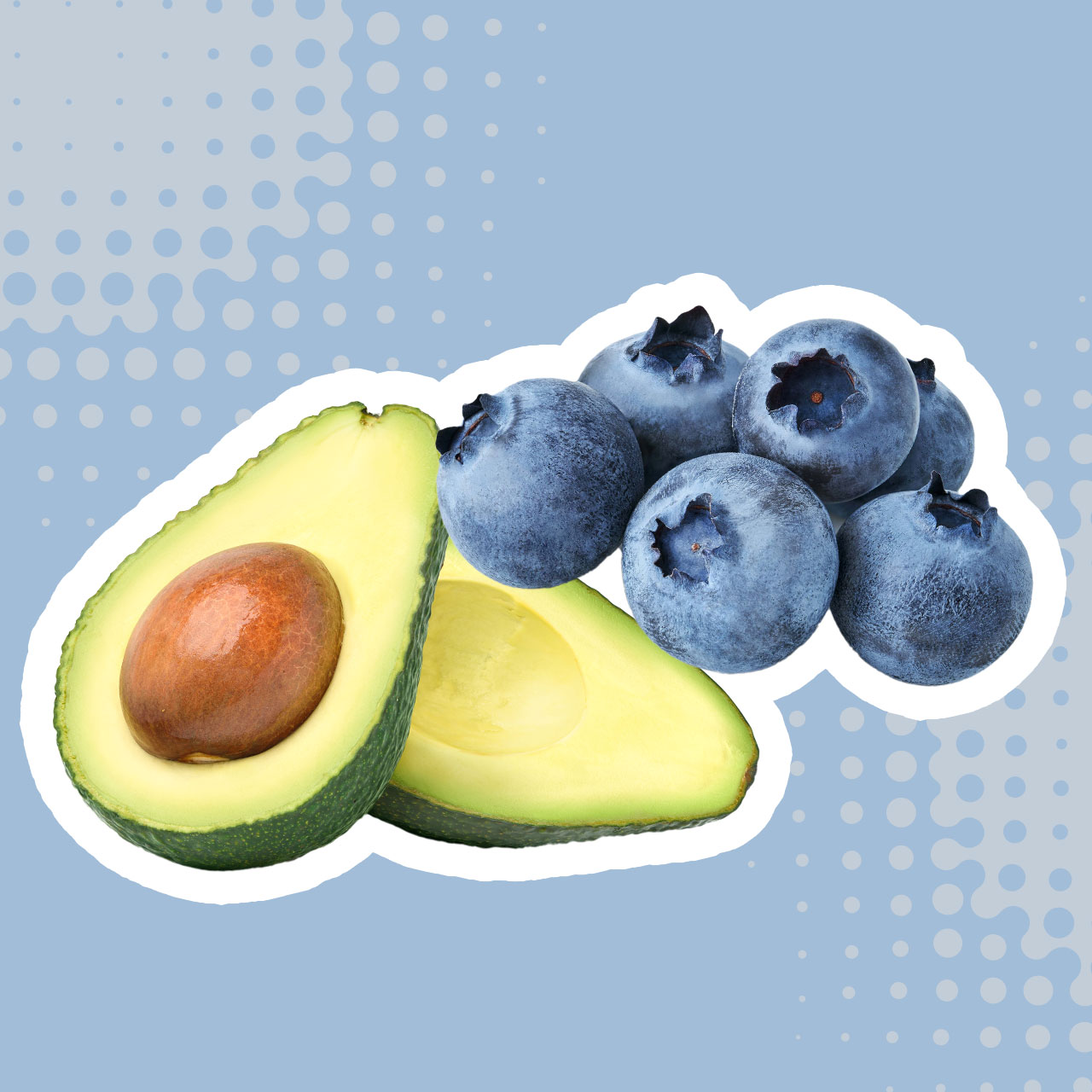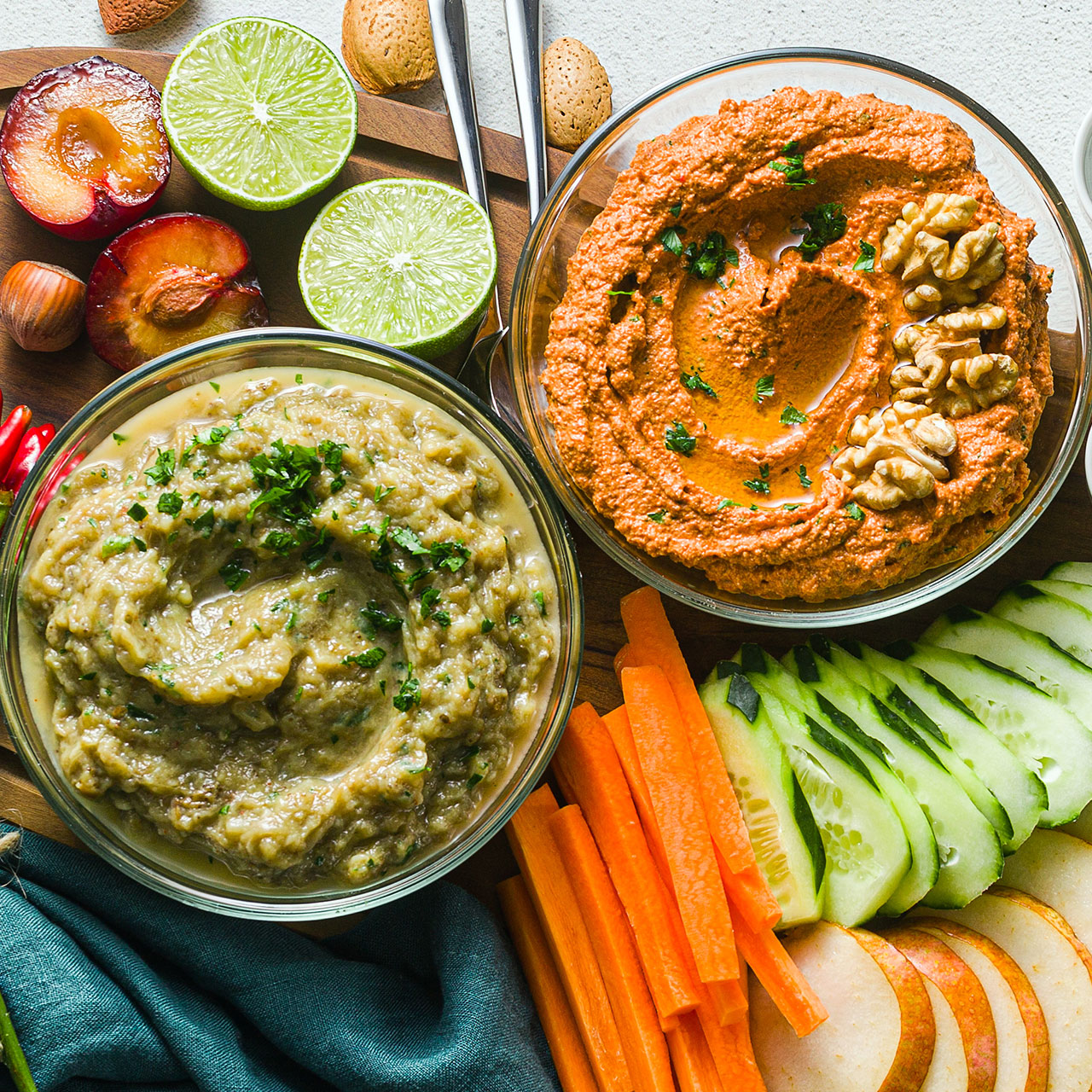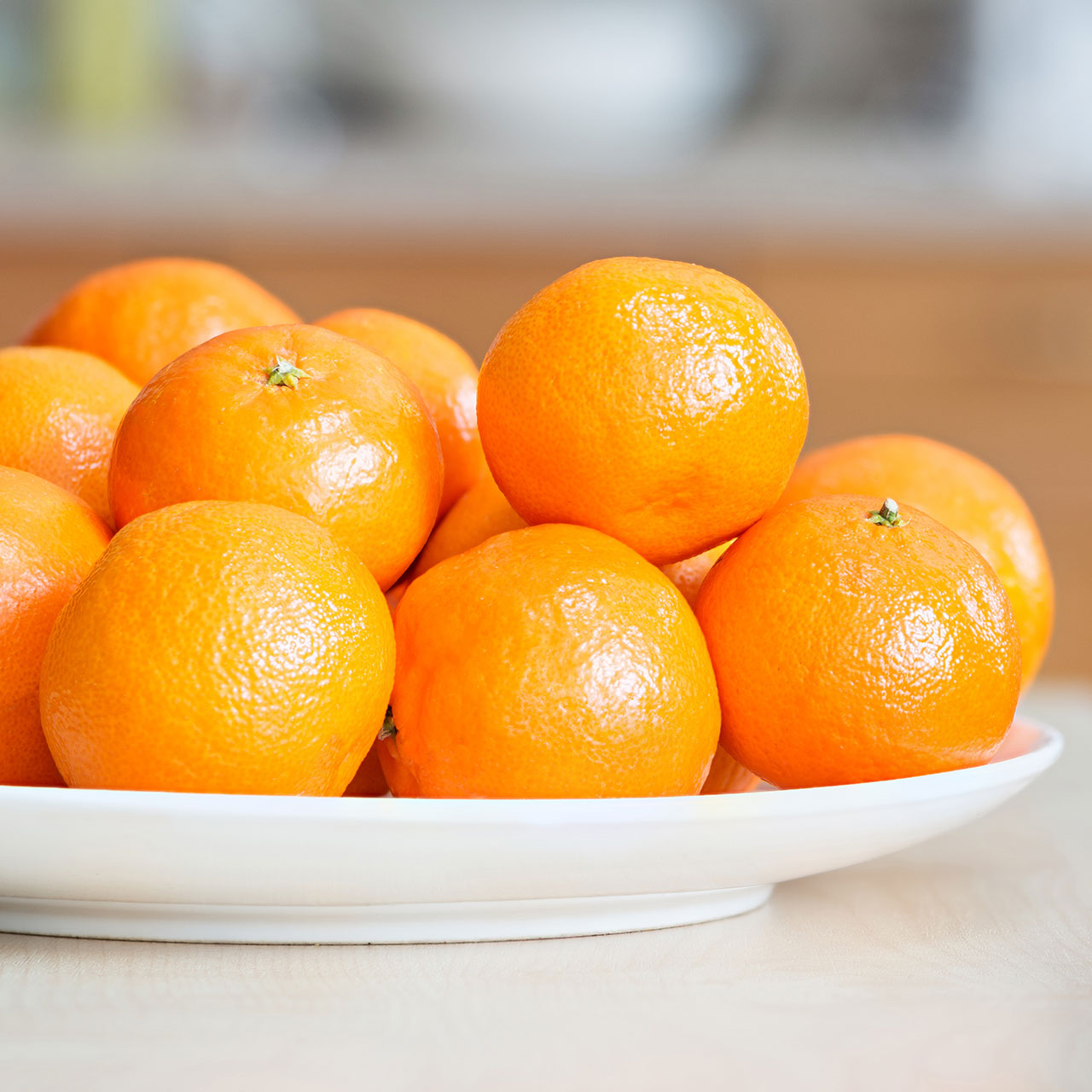There’s no denying the array of health benefits that beans and legumes can provide in any balanced diet— from their high amounts of protein to rich antioxidant content. If you frequently suffer from bloating, indigestion or other painful related symptoms, it is helpful to reevaluate what you consume every day to pinpoint what foods might be culprits. As healthy as beans and legumes are, they can also exacerbate or worsen indigestion, health experts say.
We reached out to nutritionists and dietitians to learn more about why stopping bean and/or legume consumption temporarily might help you determine whether its contents are affecting your indigestion. Read on for tips and suggestions from registered dietitian and fitness expert Nataly Komova, RD, registered dietitian and nutritionist Sara Chatfield, MPH, RDN, and registered dietitian Katie Tomaschko, MS, RDN.

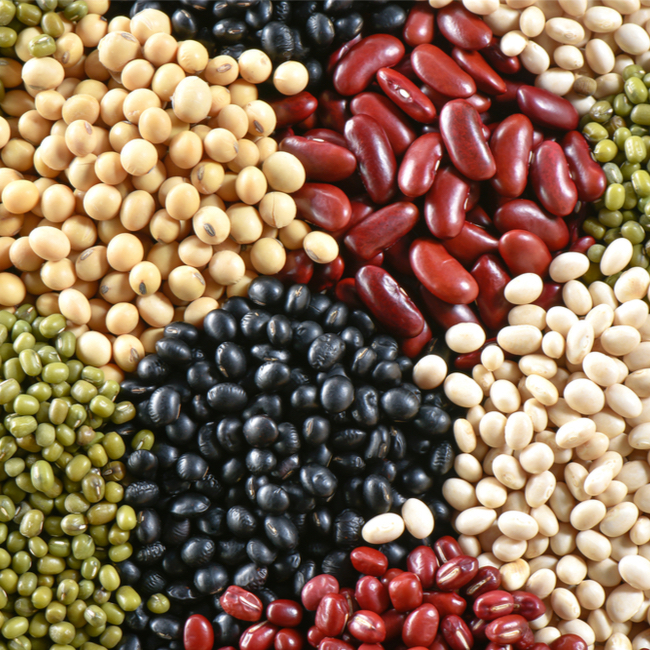
How Galacto-Oligosaccharides in Beans & Legumes Can Affect Indigestion
If you frequently experience bloating and indigestion, eating beans and legumes, including lentils and peas, may worsen your situation, Komova explains. Beans, she says, have high raffinose quantities, which is a complex sugar that is hard to digest. “They also can increase gassiness due to their high amounts of fiber,” she says, “I recommend you limit intake of these foods if your stomach has regular indigestion problems.”
While beans and legumes are a great source of protein, fiber and a variety of vitamins and minerals, they can cause symptoms such as gas and bloating if you are not used to eating them, Chatfiled says. These negative effects also arise if you “eat a large portion,” she adds, or if you are “sensitive to the galacto-oligosaccharides in them.” Galacto-oligosaccharides are made up of plant sugars and provide food for the good bacteria in your gut. However, Chatfield clarifies, since they pass partially undigested into the large intestine, “this can cause symptoms such as gas and bloating, especially if you have irritable bowel syndrome, which can result in more difficulty digesting these compounds.”
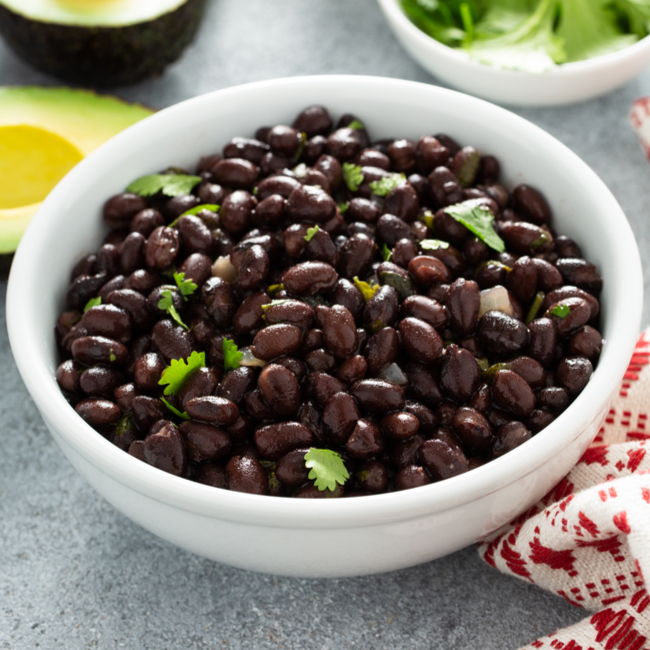
With that said, stopping bean and legume consumption for a week can help you determine whether or not these foods are contributing to the problem. “Fiber [in beans and legumes] is not that easily broken down for some people,” Tomaschko says. She agrees with Chatfield’s thoughts and echoes them, saying that beans and legumes also contain oligosaccharides, those “simple carbohydrates that the body may not be able” to break down easily.
“We are all so vastly different from one another,” Tomaschko acknowledges, “so what may be healthy and beneficial for some may not be for others.” The only way to truly tell if your bloating and indigestion is caused by a certain food is to stop eating it, and note how you feel. “If you feel better after a few days of avoiding a certain food, then go back to eating it and find discomfort, you are probably intolerant to that food,” she adds. “This can be referred to as a form of an elimination diet.”
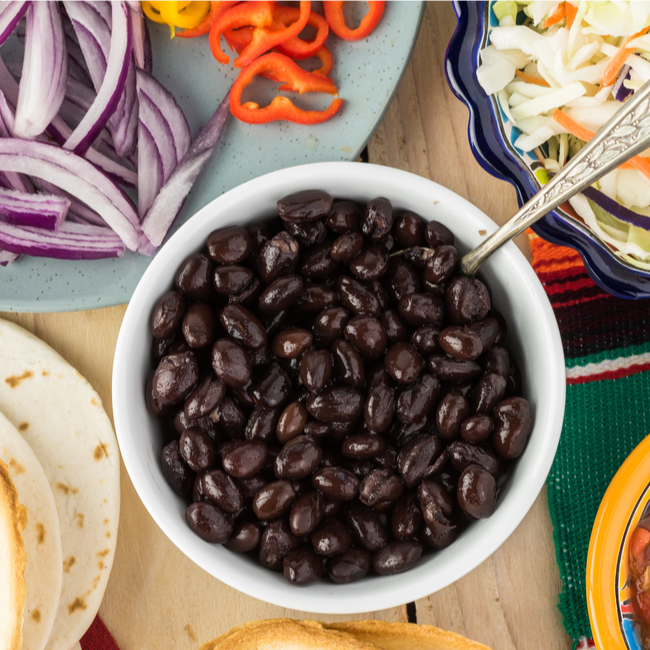
If you frequently eat beans and legumes as part of your favorite meals and are wondering if there are ways you can still consume them without causing indigestion, Chatfield offers several ideas. “Rather than giving up beans and legumes, there are some strategies that can help prevent gas and bloating when eating them,” she says. One is to limit yourself to a serving size, which is ½ cup cooked. “If you’re not used to eating beans and legumes, working up to eating small amounts regularly can help your digestive system adjust.”
Another tip is to remove the liquid associated with canned and cooked beans, which removes some of the gas-producing galacto-oligosaccharides. “Canned beans or lentils should be drained and rinsed, while dry beans or lentils should be soaked overnight before cooking, and then the cooking liquid drained,” Chatfield concludes.










